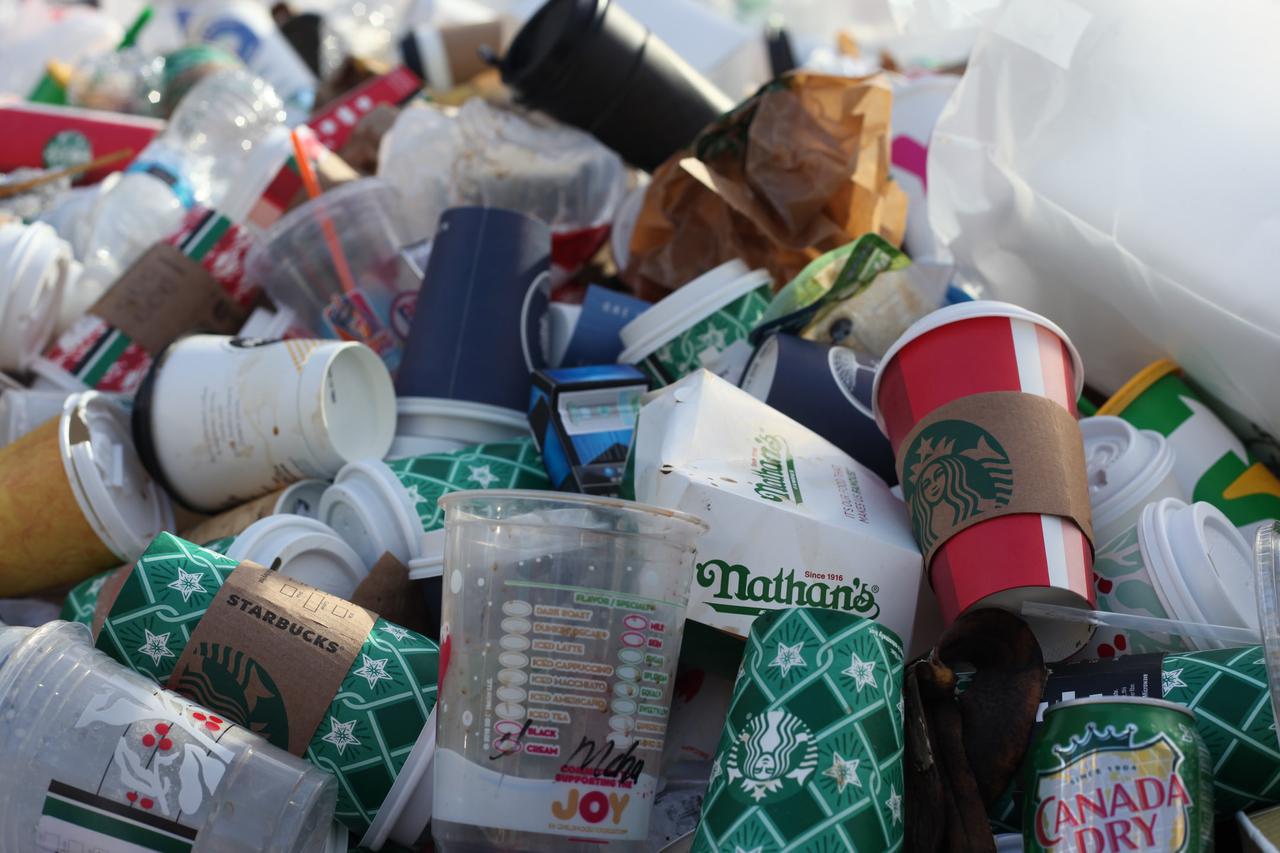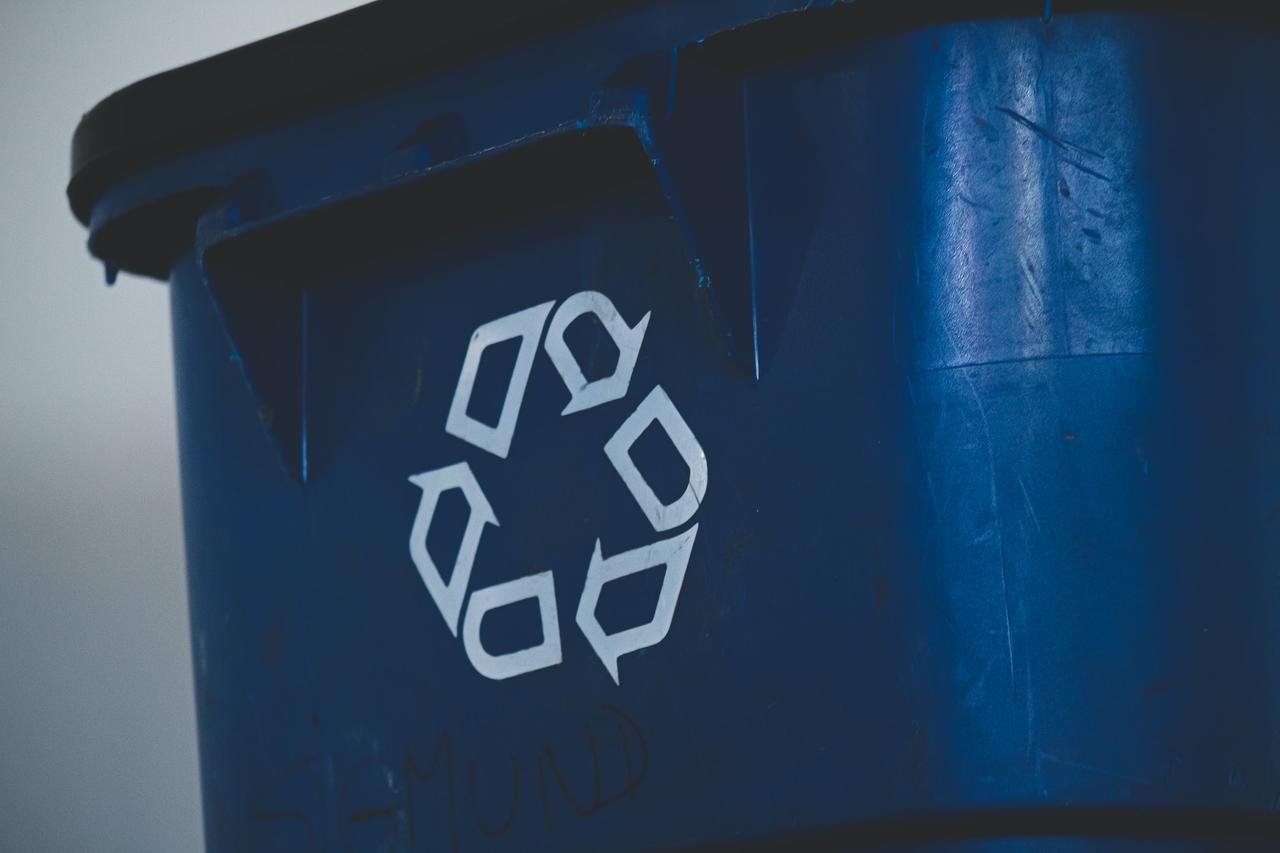The principles of reuse, reduce, and recycle were meant to guide Americans toward making sustainable choices as consumers. Rather than excessive consumption of products with limited lifecycles destined for the landfill, it was the first iteration of the zero-waste lifestyle.
People concerned about their carbon footprint avoid single-use plastics, use composting, and work towards eliminating needless waste in their lifestyle. Because of the commonness of plastic in packaging and products, it’s not always possible to avoid it.
Consumers need to pay attention to the plastic grade to recycle plastic effectively.
A product or package’s plastic grade is the number in the triangle of chasing arrows, usually on the product’s bottom. The plastic grade refers to the chemical composition of the plastic and indicates whether it’s commonly recyclable or not.
For consumers worried about their impact on the environment, checking the plastic grade of a product before they purchase it is essential. The number indicates whether it’s accepted at a public recycling center and can be disposed of with a household’s weekly recycling.

There are seven grades, although the seventh includes all materials not categorized in the first six, such as acrylic, nylon, and fiberglass.
Grade 1: PETE
This plastic is used for packaging soda bottles, cooking oil, and mineral water products. It can be turned into fill for sleeping bags and winter coats, tennis balls, and more bottles.
Grade 2: HDPE
This grade includes packaging for laundry detergent, shampoo, and milk. Once recycled, it may become rope, truck bed lining, or toys.
Grade 3: PVC
PVC or polyvinyl chloride plastic includes piping, shower curtains, and bubble wrap products. It can become more piping or recycled flooring products in its recycled form.
Grade 4: LDPE
This plastic grade includes soft packaging materials like sandwich bags, grocery bags, and plastic wrapping.
Grade 5: PP
Polypropylene includes hard plastics, occasionally food packaging but mostly water bottle caps, toys, and luggage.
Grade 6: PS
Polystyrene is more commonly known as styrofoam and includes coffee cups, insulation, packing peanuts, and more. It can be recycled into more styrofoam.
Not all plastic is recyclable, and all public centers accept different plastic grades from the residents of their municipality. Some simply require other processes that smaller recycling centers don’t have available.
Plastic grades one and two are widely accepted and easy to recycle, but it can be hard to find places to receive other grades. When consumers place Grade 4 and Grade 5 in their recycling pick-up, the recycling center will simply throw away the items.

Polyurethane (PE) foam products are semi-flexible and used in automotive applications for dashboards, lining doors, insulation, and foam seating. It’s made by a unique process that’s unlike most plastics.
It can be hard to find places to recycle polyurethane foam and buy recycled plastic products made with PE. Once you find a specialist recycling center in your area, they can either accept unusual products or work as a broker for a center where you can recycle them.
We’ve remained committed to integrity since we first launched our company in the 1970s. We will go the extra mile to deliver results for our customers but will never make promises that we cannot keep. Our goal is to be a true partner to our customers for all their plastic and recycling needs, from brokerage services to carbon footprint reduction. We’re proud to serve Neenah, Menasha, and surrounding communities in Wisconsin.
Are you looking for a reliable partner for your plastics needs? Contact Becher Plastics to learn more about the plastic grades we recycle and sell.